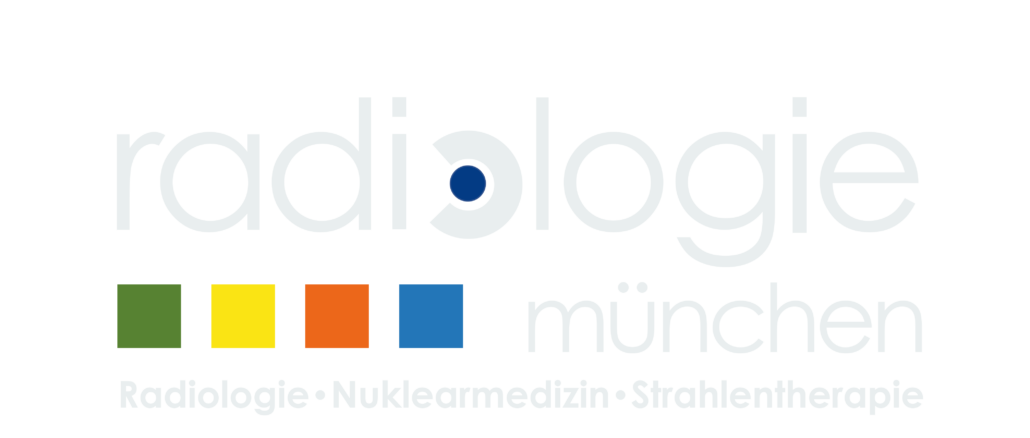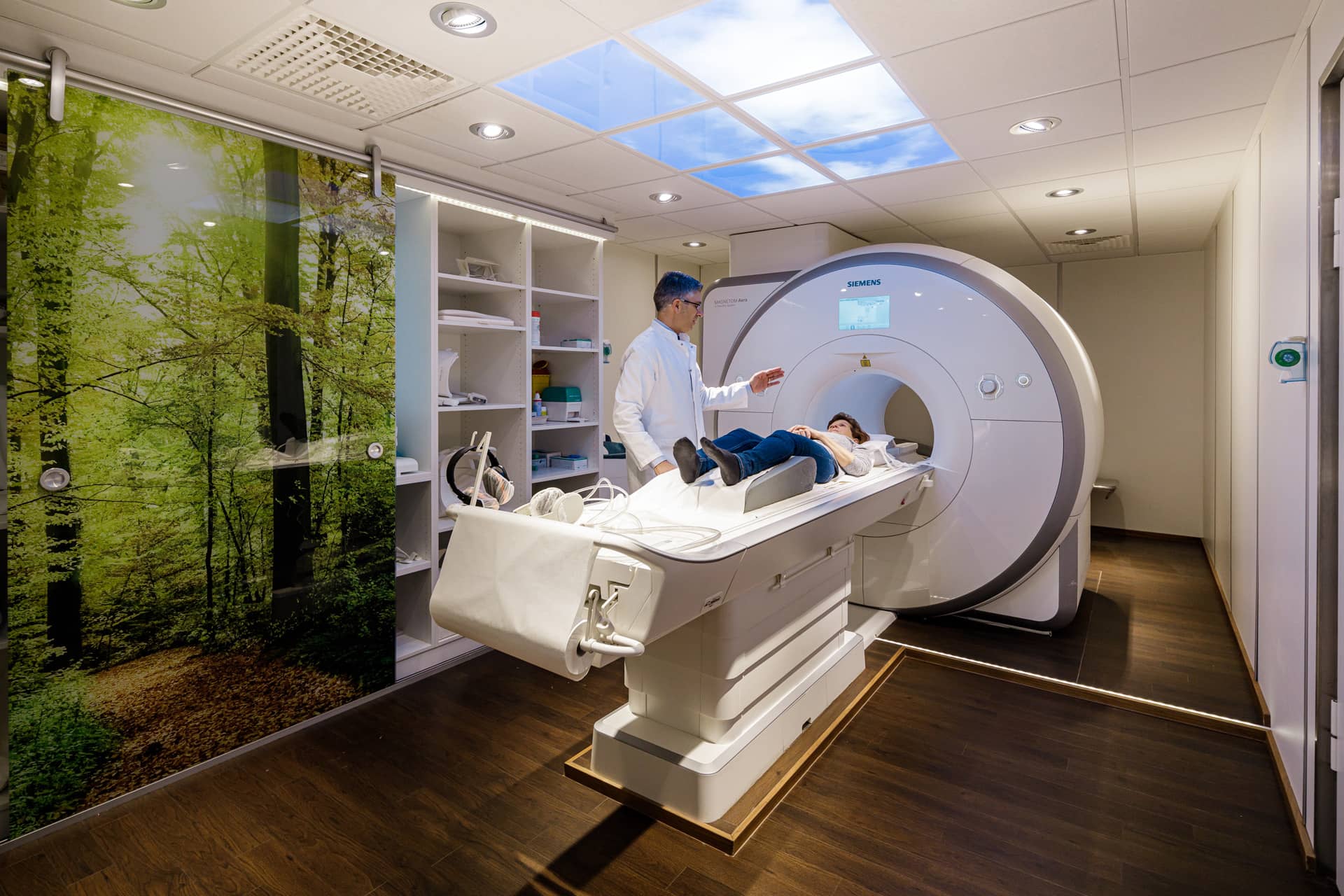Prostate cancer, or cancer of the prostate gland, is the most common cancer in men. About 60,000 men in Germany contract the disease every year. With the help of regular screening, cancer can be detected early and diagnosed correctly.
rd. 60.000
men ill per year
Early diagnosis of prostate cancer is crucial for successful treatment. Detected early, this cancer can be treated well. However, if the tumor has already spread, the cancer is no longer curable.
Where can you have a prostate screening examination in Munich?
Prostate screening is intrinsic to the earliest possible detection. Based on the information obtained, your treating medical team can develop a treatment plan together with the patient to treat the disease efficiently. If the cancer is treated in the early stages, there is a good chance of cure. Just ask our specialists!

At what point does a prostate screening make sense?
Regular preventive care can prevent diseases
In early stages, prostate cancer usually behaves without symptoms, because the cancer is hardly noticeable due to its small size, and if the cancer has not yet metastasized, it does not affect the function of other organs and vessels.
As a general rule, it is recommended that men go for regular check-ups once a year from the age of 50. For men whose father or brother already have prostate cancer, it even makes sense to go for screening from the age of 45, since there is a genetic predisposition. If this is the case, there is a much higher risk of also developing this type of cancer.
What is the procedure for a prostate screening?
Digital rectal examination (DRU)
During DRU, the prostate is palpated rectally. Your urologist will feel if the prostate has any bumps or unusual structures that may indicate a tumor. However, DRU does not provide a definitive result because small carcinomas are not palpated. Typically, the patient is recommended a combination of a DRU and a PSA test.
PSA test
Prostate-specific antigen (PSA) is a protein produced by the prostate glands. An elevated blood PSA level may indicate cancer, as carcinoma cells can cause this high prostate cell count. However, inflammation can also explain a high value. Therefore, this test should be repeated after the inflammation has been successfully treated with antibiotics.
MRI
If the PSA level remains high, a magnetic resonance imaging (MRI) scan of the prostate should be performed. This imaging, non-invasive procedure can visualize a possible carcinoma, confirming or refuting an inconclusive PSA test result. MRI provides a very informative result and visualizes both the size and the spread of the carcinoma in the prostate.
This examination takes place at Radiologie München on an outpatient basis. Our specialized physicians and medical technical assistants will guide you through the entire process and will be happy to answer any questions you may have about the examination. The MRI scan of the prostate is performed while the patient is lying down and takes about 30-45 minutes. After that, a doctor will discuss the results of the examination with you.
Biopsy
If the suspicion of carcinoma is confirmed on MRI, visualization of the exact location and spread of the cancer in the prostate can help plan the removal of a tissue sample (biopsy). In fusion-guided biopsy, ultrasound examination supports targeted tissue sampling in addition to information from MRI. Only with a histological examination can the cancer be properly diagnosed and classified in order to develop an individualized treatment plan for the patient to treat the cancer.
What costs will you incur?
Adults with statutory health insurance are entitled to preventive examinations and the costs of regular checks and examinations for the early detection of cancer are covered by the health insurance. For prostate screening, the costs for the DRU and the PSA test are covered from the age of 45. If an MRI is necessary to confirm a more accurate diagnosis, the individual case must be reviewed by the health insurance company. In most cases, the costs are covered in full for privately insured patients, while the health insurance company decides for those with statutory health insurance. In this case, please ask your health insurance company whether the costs will be covered.
What is the procedure for a screening?
Prior to MRI, the patient is injected with a usually well-tolerated contrast agent into the arm vein. This serves to better distinguish the structures in the prostate. If you have any intolerance or allergy or if you have kidney dysfunction, please tell the team beforehand. In this case, the contrast agent can also be dispensed with.
The examination does not require any special preparation. However, the patient should drink little before the examination and refrain from coffee and tea, as the urinary bladder should be empty and the bowel should be less active during the examination. The same applies to sumptuous and flatulent foods before the examination.

